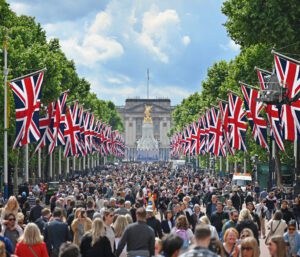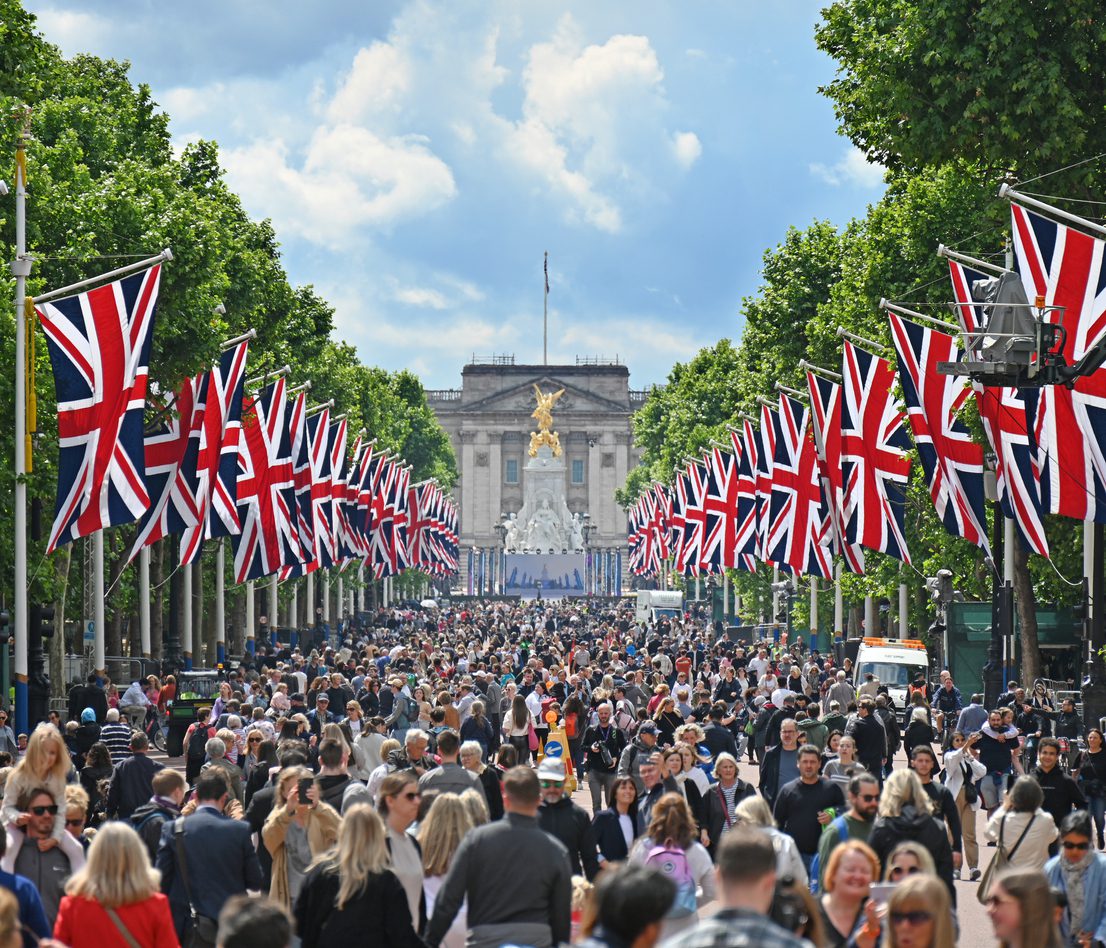Spouses often make wills in similar or “mirror” terms. Following one of their deaths, the survivor has the power to revoke any such “mirror” will and leave their estate to beneficiaries different to those planned for when their spouse was alive. The beneficiaries named in the prior “mirror” will have no right to object.
But if spouses make mutual wills and agree not to change them, then a mutual will agreement takes effect giving rights to the named beneficiaries if the survivor proposes a new will that reduces their benefits.

At what point does a “mirror” will become a mutual will? This question was recently considered by the Queensland Supreme Court.
Dawn and Gordon Wright had been married for 52 years when Dawn died in 2018. In 1998 they sold their property “Glenelg” in Auckland and migrated to Australia, settling in Deception Bay. Their new home was also called “Glenelg”.
Dawn and Gordon had no children but several nieces and nephews.
Dawn had a brother Owen who died in 1996 survived by three children Tim, Marian and William. Owen had given his interest in “Glenelg” in Auckland to Dawn, and had provided Dawn and Gordon with other financial assistance over time.
Gordon had a 90-yr-old sister Margaret whose one surviving child was Janet.
In 1995, Dawn and Gordon made ‘mirror’ wills in Auckland with solicitors where they left their estate to each other, otherwise to Owen and his wife.
They made new “mirror” wills in 1999 through a local law firm in which they left their estate to each other, but otherwise to the Queensland Institute of Medical Research (QIMR). No family members were provided for.
They then changed their wills in 2001 with the same local solicitor, before heading off on trips to the “top end” and Sydney. This was to be Dawn’s last will.
The terms of these “mirror” wills were significantly different. They still left everything to each other, but otherwise the estate was now left to Marian and Tim, with QIMR getting a 1/3rd of the proceeds of Glenelg when sold once Marian and Tim no longer resided there (or did not take up residence).
Dawn and Gordon had written to Marian and Tim explaining the provisions in the wills, providing copies, and letting them know where they were being stored.
Nothing in the 1995, 1999 or 2001 wills recorded any agreement that they could not be revoked without the consent of the other spouse.
From 2010, Dawn’s health began to deteriorate and by 2014 had moved to Nazarene Nursing home at Rothwell.
In 2016, Gordon made a new and very different will – with no apparent assistance from solicitors – appointing his niece Janet executor and making the following bequests:
- The Auckland Savings Bank account proceeds to Margaret, and if she predeceased Gordon, to Janet;
- Safe contents to Janet;
- The Westpac Bank account proceeds to be held in trust for Dawn’s care, and if she predeceased Gordon then to Janet, William, Marian and Tim equally;
- ‘Glenelg’ at Deception Bay was to be sold with the proceeds of sale going to Janet, William, Marian and Tim equally.
Dawn died in July 2018 and her 2001 Will was administered with everything going to Gordon.
Gordon died in hospital in January 2019 in Australia, soon after returning from a visit to the United Kingdom to visit his sister Margaret and her family. Margaret and Janet had also visited Gordon in Queensland just before he died.
On learning of the 2016 will, Tim was clearly upset, and stated in an email to Janet that “a great deception” had been performed by Gordon and his family.
Marian and Tim claimed – based on their conversations with Dawn and Gordon after the 2001 wills were made – that they were not just ‘mirror’ wills, but were in fact ‘mutual’ wills with an agreement between them not to revoke their wills without the other’s knowledge and consent.
And in breach of this agreement – so their argument ran – Gordon did not get their consent to change his will, such consent being necessary as by 2016 Janet had lost the opportunity to make a new will because she had lost legal capacity.
When the matter came before him, Justice Declan Kelly observed that Tim and Marian bore a “heavy” onus to prove on the balance of probabilities that there was a mutual will agreement in place.
The only evidence they offered was of their conversations with their aunt and uncle that could not be supported by any contemporaneous record. No evidence was provided from the solicitors who prepared the 2001 Wills.
The conversations – they claimed – had referred to the benefits the couple had received from Owen including his share of “Glenelg”; that Dawn and Gordon were in their 70’s and didn’t intend to change their wills; that they weren’t close to Margaret and her family; and that Owen’s family was to benefit from the majority of their estate.
Janet’s testimony – which was preferred by the court – made it clear that Gordon and Dawn’s relationship was far closer than Marian and Tim had sworn it to be.
His honour found Tim and Marian not to be impressive witnesses and indeed that Tim’s account was unreliable.
He ruled that the conversations they relied on likely had not occurred, but that even if they had, were insufficient to prove an agreement not to revoke their 2001 Wills.
Further – so found his honour – even if there had been a mutual will agreement, Tim and Marian had not proved that Gordon hadn’t informed Dawn about his 2016 will and that Dawn lacked legal capacity to change her will.
Mutual Will agreements that effectively limits the ability of a surviving spouse to change their will can be entered into. This case demonstrates though that spouses must do more than just make wills on the same terms and tell their family about the provisions made. A mutual will agreement must also be signed up.




